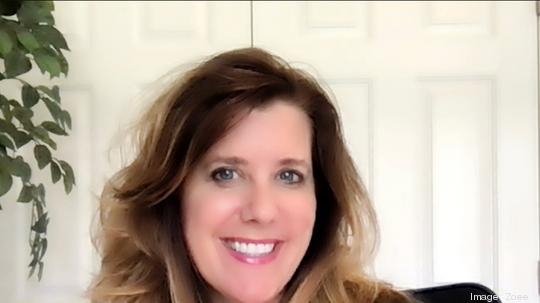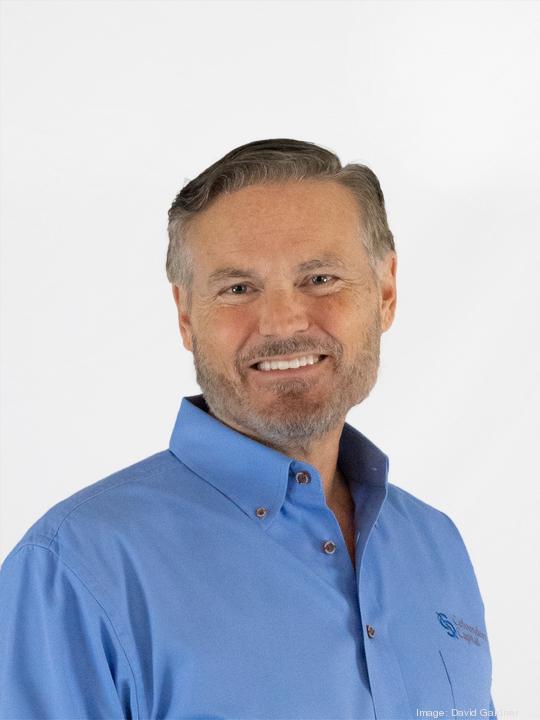
Across the Triangle, startups are adding to their coffers – not just to grow but to push through economic uncertainty as economists debate whether the nation is in a recession.
Entrepreneurs such as Nichole Lowe, CEO of coaching startup Zoee, aren’t waiting for an official announcement about where the economy stands. Zoee just closed on the first $275,000 tranche of a planned $500,000 raise.
Lowe describes it as a “Seed 2” round, “to put a little gas in the marketing over the next few months.”

The firm, which has six full-time employees is preparing to launch a 2.0 version of its coaching platform product in late September, is being proactive, she said. With the economic uncertainty and dueling descriptions of whether the nation is in a recession, “it’s just to give us a little extra runway.”
“This round is all about being proactive,” she said. “This will get us through next summer and it also allows us to weather through the holidays. We’re feeling very confident.”
Zoee isn't alone in strategizing for some padding. With market uncertainty growing, financial firms are tightening and investors are being much more cautious about where they put their money, meaning startups and even established companies are competing for a shrinking pot of cash after years of big raises and off-the-charts valuations.
Jason Caplain, co-founder of Durham investor Bull City Venture Partners, said his team has been advising many of its portfolio companies to raise a little more capital than usual due to the current economic environment.
“It allows the company to continue to execute their growth strategy while extending the company’s runway in case the next round takes longer to materialize,” Caplain said.

Startup watcher David Gardner, who heads up Cofounders Capital, is also seeing entrepreneurs add a little extra to their coffers.
“We are seeing more emphasis on funding contingencies,” he said. In one case, he saw a term sheet that included an extra million if the company “discovers it needs it,” he said. He’s seeing other firms taking out lines of credit that, while pricey, “provide a nice safety net enabling a company to continue to be aggressive with working capital.”
“You can never have too many contingencies,” he said. “The golden rule for any startup CEO is ‘never, ever, run out of money.’”